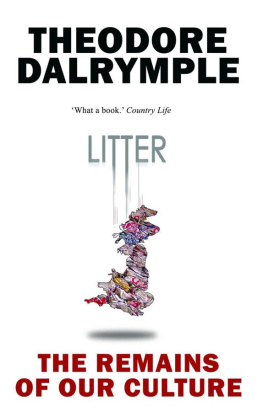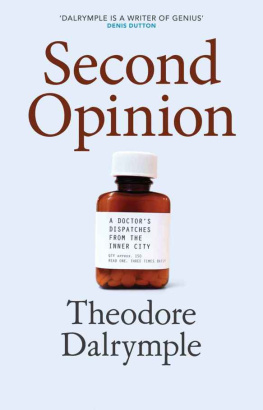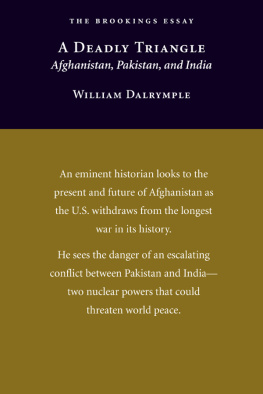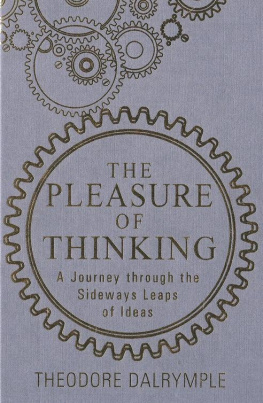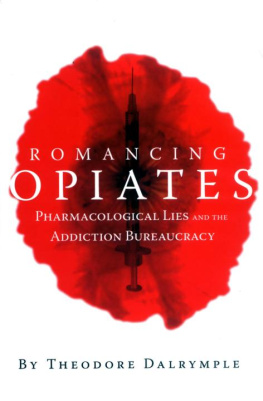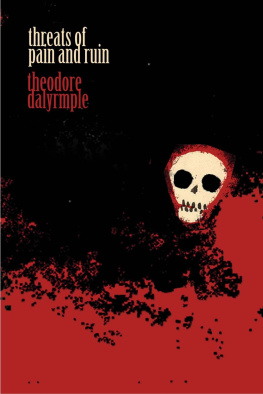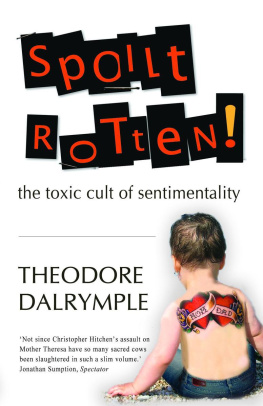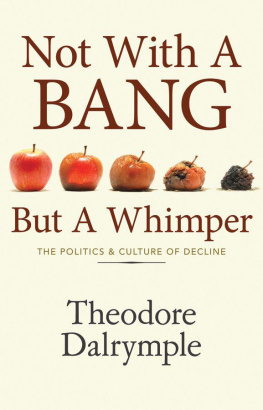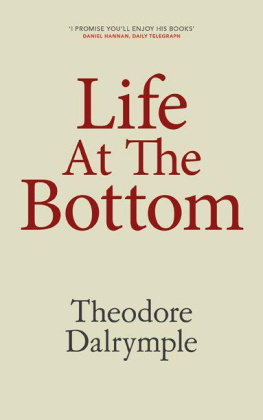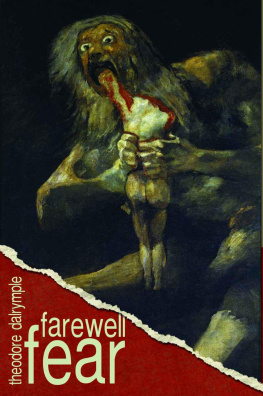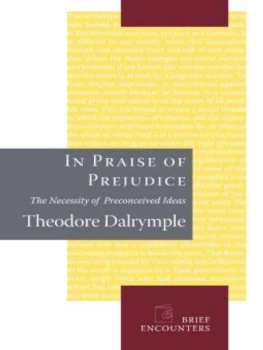Introduction
It is more than four hundred miles from London to Glasgow, and the roadside is strewn practically every yard of the way with litter. I know, because my wife and I recently made the journey.
Many of the trees along the way were hung with plastic bags or tattered remnants of sheets of polythene that flapped in the wind like Buddhist prayer flags on a high Himalayan plain. But it is the grass verges that were most remarkable. For mile after mile they were dappled with detritus: a few pages of newspapers, occasional hubcaps, but overwhelmingly the plastic packaging of refreshments taken by drivers and passengers along the way, and thrown out of the window when finished with. Prominent, in the sense of being very noticeable, were the brightly-coloured cans of soft drinks and the bluish-green translucent plastic bottles of mineral water, that sometimes flashed or sparkled in the sunlight.
It was not only along the motorway that litter flourished, as it were. We took a brief detour to the Lake District, the landscape that so inspired the English Romantics. And indeed the landscape is so hauntingly, even heartbreakingly, beautiful that I, who am deeply averse to romanticism and the self-dramatisation to which it leads, began to feel some sympathy with it. Yet even here the roadside was strewn with litter of precisely the same type; less, it is true, than on the motorway, for the roads are of course much less frequented, but still enough to distract me from the landscape before me.
We drove beyond Glasgow to Loch Lomond: it was the same there. The littering ceased only when we reached the island of Mull.
My wife sometimes suspects me of exaggeration, but she confirmed that my impression was not merely a dyspeptic one or the product of a jaundiced world-view that predisposes me to see only what is wrong with the world and not what is right with it. She confirmed that the amount of litter was, to employ for once justifiably a word that has almost lost its meaning through overuse, incredible.
I have driven long distances through France, Spain, Italy, Germany, Holland, Belgium and other countries in Europe, but I have seen nothing comparable there. I have seen piles of blackened garbage in the streets of Port-au-Prince, and tiny coral atolls in the Central Pacific whose ground was submerged under layers of empty cans of cola, discarded by the overweight islanders who had become miserably dependent on foreign aid for their subsistence. But the condition of Britain is very different from that of Haiti or the atolls of the Pacific; I had never expected my native land to become a vast litter-bin, and for my fellow countrymen to treat it as such
Rome wasnt built in a day, and Britain wasnt littered in an afternoon. Social, and antisocial, trends do not have clear beginnings like the Big Bang that is said to have founded our universe. For several years I have observed the rising tide of litter in Britain and found it a subject worthy of reflection. Since no one else seemed interested in it, certainly not local councils, I have felt like Autolycus the Rogue, a snapper-up of unconsidered trifles.
My interest in the subject was aroused by walking every day for several years between the general hospital in which I worked in the morning and the prison in which I worked in the afternoon, a distance of a few hundred yards. Since prisons are seldom located in the most select part of towns, it will come as no surprise that the streets through which I walked were poor (though not of course in comparison with some other parts of the world).
In clement and sunny weather, but not in the cold or the rain, the kerbside would glitter prettily with reflections from the tiny shards of glass, in colour between that of aquamarine and peridot, from the smashed side-windows of the cars along the way. Sometimes there were as many as eight collections of such shards by the kerbside: more than one car broken into every hundred yards.
What followed from these observations? In the first instance, the seasonal nature of the break-ins suggested that they were not impelled by sheer poverty or necessitousness, since winter is the season, at least in our climes, of the greatest need.
In the second instance, the sheer number of break-ins, quite unmatched in more prosperous areas, suggested that the poor are more often victims of crime than the rich.
In the third instance, it seemed to me unlikely that all these break-ins were the work, or activity, of many hands. It was much more likely that the person responsible was a production-line worker rather than a skilled artisan turning out individualised products. In other words, here was evidence (if any was needed) that, even in the poorest areas, the class of victims of crime was much larger than the class of perpetrators of crime.
The question frequently came into my mind as to why these considerations, obvious as they were, never seemed to impinge very deeply on the consciousness or feeling of the thinking classes who, when all is said and done, set the tone of our society.
Except for the occasional headless doll or wheel-less pram dumped in the uncut grass of front gardens, the great majority of the litter, like that along the motorway, consisted of the plastic packaging of industrially-produced snacks and drinks. Had I carried out over the years a scrupulous statistical survey of the litter along the way, I should no doubt have been able to discern the evolution of the local taste in junk food; as it was, I noticed in these years the sudden appearance of cans of a drink that was advertised and marketed as energising and restorative after excess, particularly alcoholic excess.
This sudden appearance caused me to ponder the question of whether supply creates demand or demand creates supply. It is true, of course, that people must be aware of the availability of a product before they can desire it specifically: but there are certainly products that are developed to meet some pre-existing need or desire. In this case, however, the appearance of discarded cans of the drink coincided so precisely with an intense advertising campaign, carried out with all available rhetorical resources to mislead, that it was difficult not to see it as a manifestation of commercial manipulation of the population, and an instance of the gullible being gulled.

